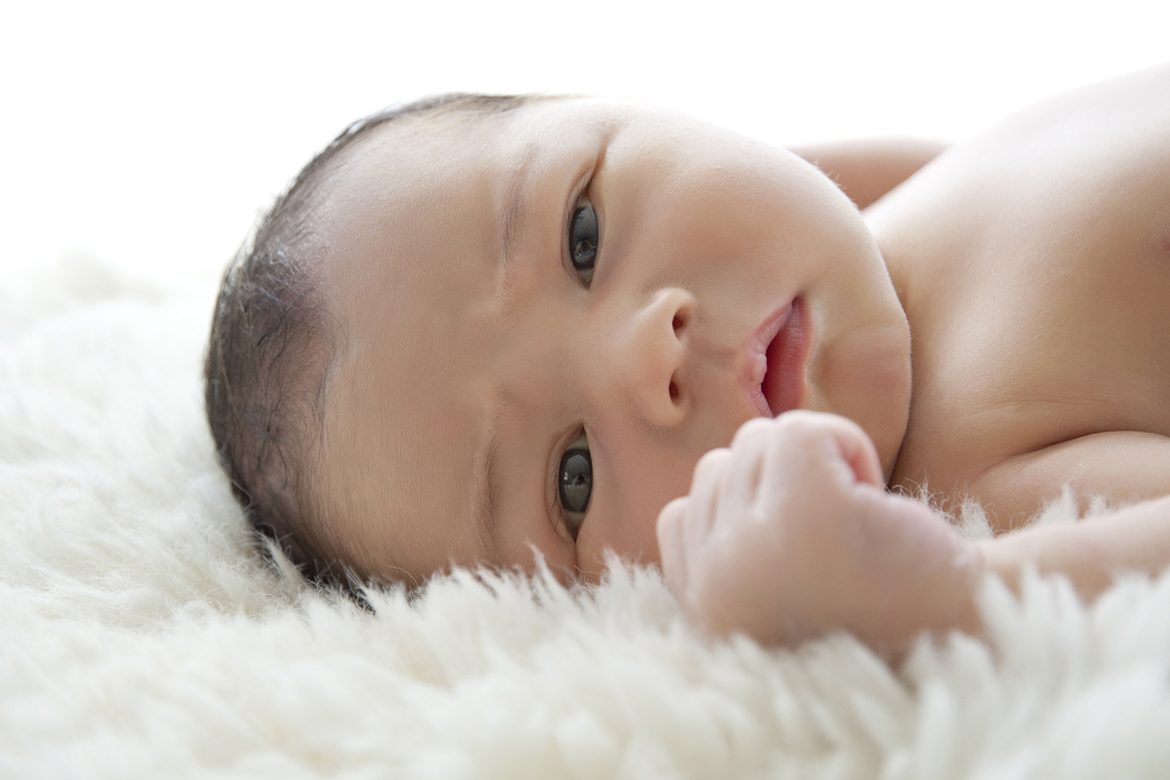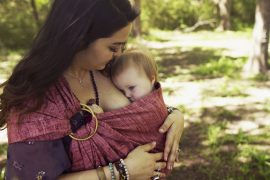By Annaliese Jones ND, BHSc
Our skin is what we show to the world. If it is healthy and glowing we feel the same. If it is red and sore we want to hide it away. Let’s explore what causes sensitive skin and what you can do to help it.
The skin is an organ just like the liver or heart. In fact the skin is our body’s largest organ, measuring on average two square metres. It protects us by separating us from the outside world, from dehydration, harmful chemicals and heat. I have heard it compared to a coat, waterproof and breathable. But our ‘living coat’ also comes with a lifetime guarantee, and the amazing ability to heal itself. It does so much more than just keep our insides in. It, along with its derivatives the hair, nails, oil and sweat glands, make up an organ that performs life saving functions such as closely regulating our body temperature, synthesising Vitamin D, and housing millions of nerve endings. When there is something wrong with your skin, you shouldn’t ignore it; your body may be trying to tell you something.
Babies’ are considered to possess the epitome of beautiful skin, soft and blemish free. Parents find it quite upsetting when their baby’s skin is not as soft as a baby’s bottom, and will often go to extreme measures to fix a less than perfect complexion. There are a few skin conditions that are quite normal and don’t require any treatment at all such as ‘hormone rash’ or ‘baby acne’. On the other hand, if your child has red, itchy, very dry, infected or weepy skin, it will need some investigation.
Eczema and dermatitis:
These conditions account for a large part of most medical practices. According to Dermnet NZ 15% – 20% of children suffer from eczema and that number is rising all the time. In a nutshell, the term dermatitis means inflammation of the skin and eczema is a type of dermatitis. Over the years I have had many a patient at their wits end over the classification of their skin condition. One specialist diagnoses one thing while the next calls it another. Dermatologists admit that they can only classify two thirds of the cases they see, pointing to how difficult it can be to differentiate between the various types of dermatitis and eczema. All that aside, in reality it doesn’t matter what you call it, as long as you or your baby get some relief!
Symptoms of eczema vary in severity from the debilitating to the annoying. Itching is probably the most common and they do say that if it doesn’t itch, it is probably not eczema. Babies and adults alike can scratch till they bleed, often in their sleep. The scratching is bad news, further damaging the skins barrier and provoking the release of pro-inflammatory chemicals that in turn make the itch worse. This sets up a vicious itch-scratch cycle, leaving open vulnerable skin, which can easily become infected.
There are various causes of eczema but the most common include contact with an irritating chemical or substance, food allergy or intolerance, and a family history of eczema, hay fever or asthma. These causes are not however mutually exclusive, often overlapping, making it hard to figure out the triggers.
Food and skin conditions:
Food allergies and intolerances often cause skin problems. I can vouch for that from personal experience. In fact my experience in this area started when I was all of 8 months old, when suddenly the soles of my feet began severely peeling, cracking and bleeding. This went on, baffling doctors and distressing my parents for 2 years, while the pain meant I had to be carried almost everywhere. Finally, a naturopath suggested that because my mother had over eaten marmite during pregnancy I might have developed an allergy to yeast. As is often the case with allergies, the offending food had become my favourite, but after 10 days without it my feet were miraculously better. This was an extreme recovery and it often is when you correctly identify the cause. In this case any yeast spread would have caused the same problem and in fact any source of yeast continues to affect me to this day.
If you suspect you or your child may have a food allergy or intolerance consider seeing a naturopath or your doctor about it. The skin condition may be an outward sign that a certain food doesn’t agree with your child. Be sure to consult a professional before cutting whole food groups out of their diet though. If not, you may end up doing more harm than good.
Chemicals and environmental causes:
If you or your child develops itchy, red skin after touching something like as nickel in jewellery, soaps or detergents, or any other chemicals, you may have contact dermatitis/eczema. Other culprits can be fabric softeners, chlorine, perfumes, solvents, wool clothing, rubber, dust mites, animal fur, topical antibiotics and anaesthetics, and even some naturally occurring chemicals in plants. Avoiding all of the above is quite a task, but a good start is to use products specifically designed for sensitive skin. Often, there is a threshold up to which point some of these chemicals don’t cause a problem but that lovely new perfume you just bought could be the straw that breaks the camel’s back. These days, detergents, laundry powders (also double rinse), moisturisers, soaps and shampoos can all be found quite easily for sensitive skin.











